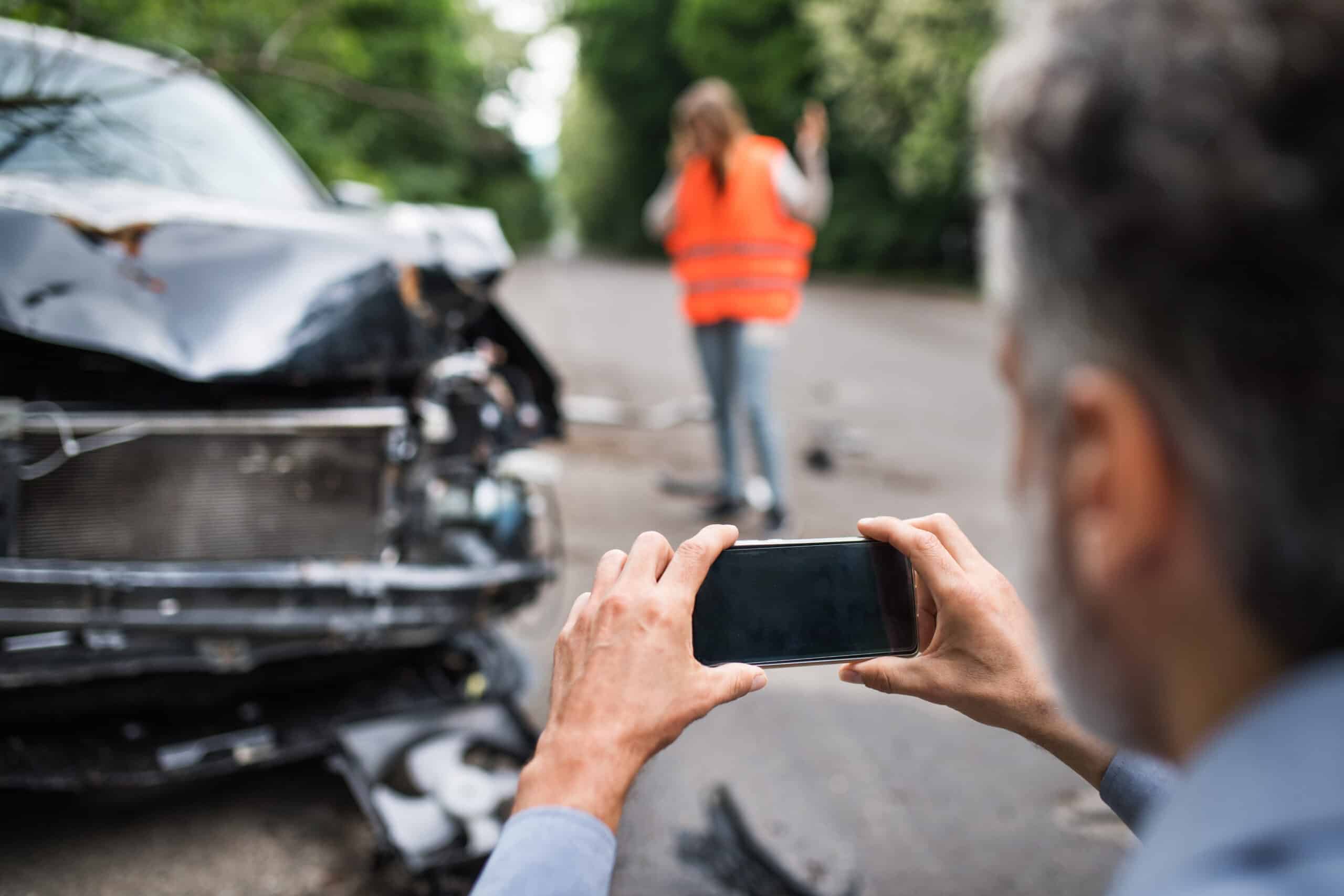Can Your Social Media Activity Impact Your Personal Injury Claim?
Social media is a ubiquitous part of modern life. We are so used to documenting and sharing our experiences online that it may be second nature to post about an accident or injuries that you have gone through. Many people are likely to be curious about how you are doing or what happened, and you may feel compelled to address their questions or squash any rumors that may be swirling. Social media is also where we often seek advice and support following difficult times.
While the temptation to head to social media to discuss your personal injury case is understandable, it is crucial to realize that it can cause significant harm to your claim. You don’t want to endanger your recovery through a few reckless actions. An experienced Wisconsin personal injury lawyer can explain the hazards of posting to social media while your case is ongoing and how to protect yourself.
What Are the Potential Dangers Posed by Social Media to Your Personal Injury Claim?
Lawyers are keenly aware of the potential of social media when it comes to collecting evidence in a personal injury case. The opposing legal team will be seeking proof that could contradict your claim and render you ineligible for compensation. Your statements on social media could provide them with the information they want.

Ways you could harm your claim on social media without even realizing it include:
Exaggerating Your Story
You may not be focused on the accuracy of small details when you write a quick Facebook or Twitter post. You may even add some embellishments to make the story more interesting. However, your posts hold the same weight as any other statement made in your case and could be used in court as evidence of your unreliability.
Contradicting Your Statements
Opposing lawyers are always looking for evidence that disproves or casts doubt on your testimony. If you or another witness say something about your case that is contradictory to your other statements, it can harm your claim.
Discussing Confidential Details
Settlement negotiations and trial preparations are delicate processes. Sometimes your lawyer will tell you information that is not public knowledge. If you post this fact on social media, it may come into the possession of the defense or the insurance company and negatively impact your case. In the worst-case scenario, it could even result in your case being dismissed.
Downplaying Your Injuries
You may naturally want to reassure your friends and family that you are ok following your accident, but this could be used as evidence that your injuries were not as bad as you claim. There is also the temptation to continue to show a highly-curated view of your life where you are happy, smiling, and engaging in normal activities. While this may not be the reality of your daily life, the defense could argue that you must not be experiencing pain or significant injury because you appear fine on social media.
Advertising Your Whereabouts
Depending on your social media settings, it may automatically show your location to your friends. Again, this can potentially be used against you. For example, if it records your phone’s presence at a gym or dance club after you’ve claimed to have a severe back injury, it may cast doubt on your statements.
What Steps Can You Take to Protect Yourself on Social Media?
The best advice we can give clients is to take a break from social media until the case is completed. This eliminates the possibility of your social media activity being used against you by the opposing counsel. However, we know this may not be feasible for everyone, especially if they use social media for income or to stay in touch with loved ones.

If you feel you must continue to use social media during the course of your personal injury case, you should take these steps to protect yourself:
- Make your accounts “private”: By changing your settings from public to private, you limit who can see your posts and information. However, be aware that the defendant’s lawyers can ask your friends and family to voluntarily reveal what you’ve posted. They may also ask the court for access to your private social media posts as part of the discovery process.
- Carefully verify new friends and followers: It is easy for anyone to set up an account to gain access to your social media feed. Avoid adding friends or followers you don’t personally know during this time.
- Don’t make any posts about your personal life: To be safe, stick to liking others’ posts and reposting news articles or memes. Avoid uploading your own pictures or videos.
- Ask your friends and family not to post about you or tag you in any posts: Unfortunately, others’ comments may be admissible in court if they contradict your statements. Inaccurate information online could damage your case, and refuting it could take precious time.
- Don’t comment on others’ posts: Even if your account is private, comments on others’ posts may appear publicly and can be used against you.
- If in doubt, ask your lawyer: If you have any questions about whether an action on social media could harm your case, don’t hesitate to reach out to your lawyer for advice.
How Can an Experienced Lawyer Help You Following Your Accident?
Your lawyer should be the only person you ask for advice regarding your personal injury case. Our job is to help you recover the maximum amount for your losses and provide solid legal guidance. We can ensure that you do not unintentionally cause harm to your claim. If you have questions or concerns about social media use after your accident, contact Pemberton Personal Injury Law Firm to speak with a knowledgeable attorney today: (608) 448-6242.
 Calls Answered 24/7
Calls Answered 24/7









